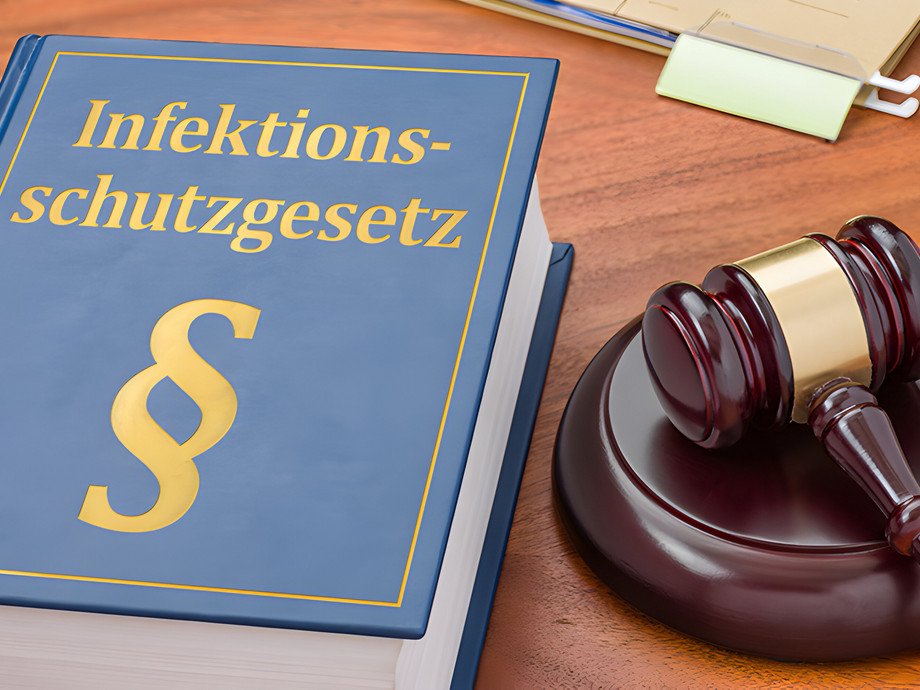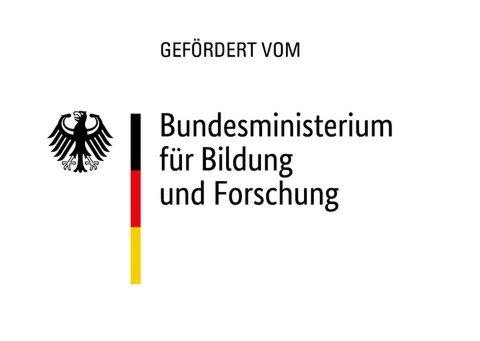
In order to combat the Coronavirus SARS-CoV-2 the legislator is also among those faced with enormous challenges. Scholars from the University of Passau examine possibilities and limitations for a coherent legal framework.
Statutes, regulations, administrative acts and recommendations – the current COVID-19 pandemic is challenging the legal system in Germany both on the federal and state level as regards its adequacy to react to a state of health emergency in a short amount of time. The multitude of recently passed provisions have revealed the strengths and weaknesses of the federal political system in Germany. Legal experts from the University of Passau now aim to propose options for a coherent and exhaustive legal framework for a state of health emergency due to a pandemic as it has been caused by SARS-CoV-2.
The necessity of a constitutional set of rules governing an internal state of emergency has been discussed repeatedly in Germany at different times after World War II. So far, however, there is no comprehensive regulatory framework for a state of health emergency, both on the federal and the state level. Supported by the Federal Ministry of Education and Research (BMBF) legal scholars in the team headed by Professor Hans-Georg Dederer are taking a close look at the legislator’s role within a parliamentary system of democratic government in the project LegEmerge.
The questions they are addressing include the following:
In this context, both the advantages and the disadvantages of (more) centralisation on the one hand and (more) federalisation on the other hand are being examined.
Another point of emphasis in the project is on the restrictions of individual basic rights that accompany the measures taken by the state in order to combat the pandemic. True, those measures are designed to protect the basic right to life and physical integrity, but in doing so, they encroach on a large number of other basic rights at the same time.
These questions will be discussed more intensively on a particularly sensitive subject, namely the problems associated with triage. Triage describes the problem whom to treat if, in view of limited resources (e.g. ventilators), not all patients can get the required lifesaving treatment.
With the recommendations they make the researchers aim to provide some guidance to political decision-makers in governments and legislative entities at federal and state level. Furthermore, the insights gained from LegEmerge will be published in distinguished law journals.
Source: Federal Ministry of Education and Research (BMBF)
| Principal Investigator(s) at the University | Prof. Dr. Hans-Georg Dederer (Lehrstuhl für Staats- und Verwaltungsrecht, Völkerrecht, Europäisches und Internationales Wirtschaftsrecht) |
|---|---|
| Project period | 01.07.2020 - 31.12.2021 |
| Website | https://www.jura.uni-passau.de/dederer/bmbf-projekte/legemerge/ |
| Source of funding |

BMBF - Bundesministerium für Bildung und Forschung
|
| Projektnummer | 01KI20501 |
| Themenfelder | Rechtswissenschaften, Rechtswissenschaften allgemein, Rechtswissenschaften |